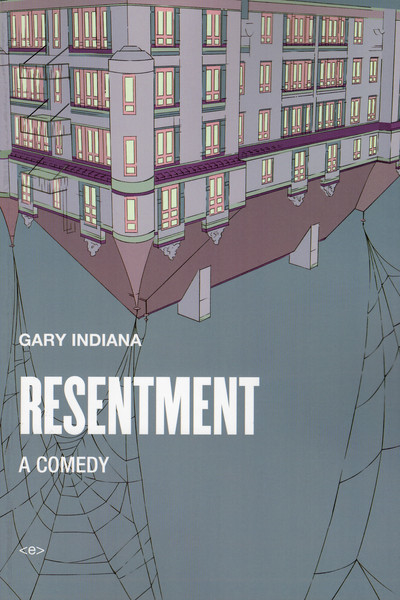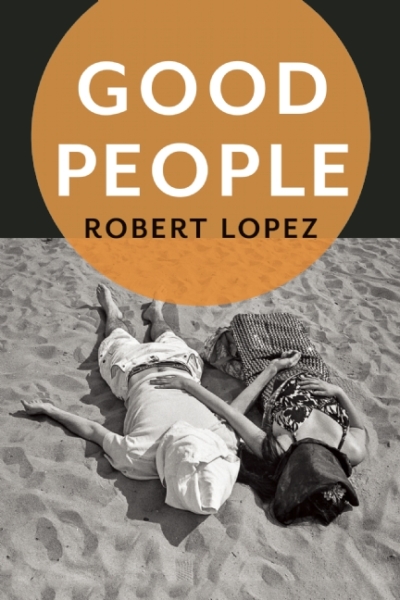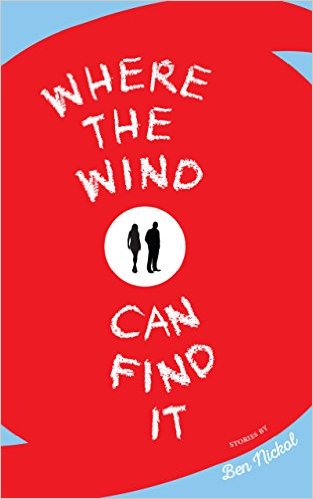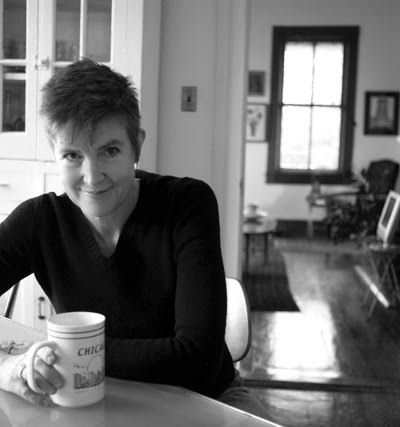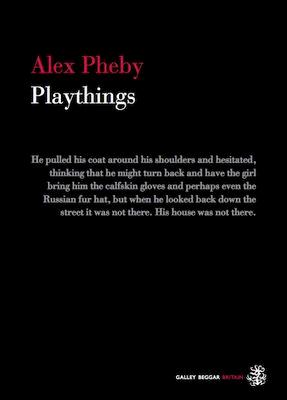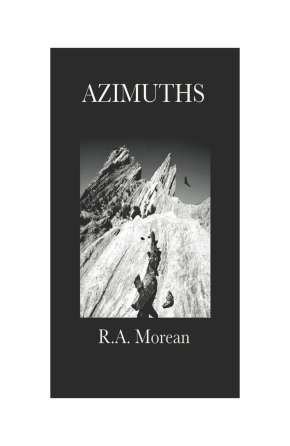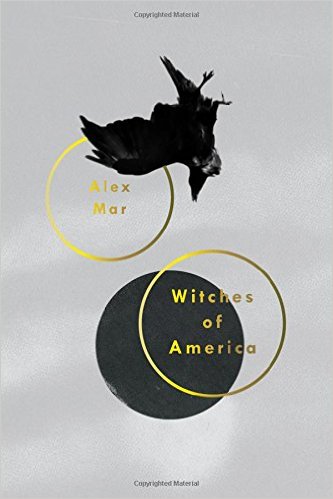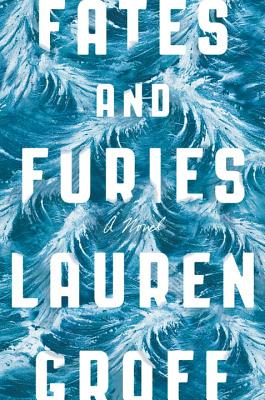Resentment: A Comedy – Gary Indiana
Resentment often reads like a queer fin-de-siècle Chandler — Marlowe loitering in gay bathhouses, picking up well-hung hustlers, and getting high on crystal meth.
These circular stories are never organized into tidy sequences of events. Rather, they collect data around certain catastrophic experiences that remain nebulous and unknowable.
Where the Wind Can Find It – Ben Nickol
Throughout this collection, Nickol successfully limns a space between the false and the true, in which the same conclusion — suffering and loneliness — follows from both facts and deceits.
Whenever I hear anyone talk about difficulty, in my work or that of others, I just think it’s a confession about a lack of exposure.
Whilst its opaque perspective draws on modernist tropes of disruption, Pheby’s novel is also crucially a historical novel, and through its depiction of real life events it offers a perspective on the upheavals of the century subsequent to Schreber’s own.
In the creative cities model, liberty precedes equality and fraternity. The latter two are said to follow close behind, but the logic of the lie has been exposed time and time again, city by city.
The whole novel comes as the incomplete sum of angular measurements against maternal figures, breaking away scenarios, secrecy, personal chronicles, confinement and changes.
We speak derisively of being slaves to routine, but if all obligations were eliminated, if we were confronted by complete freedom of choice, who among us could honestly say that she would not be paralyzed?
The book is, at its core, an argument, even a challenge: to bypass a country’s literature is to also ignore its history, its people, its love and its pain, and to care about them is to read them.
Fates and Furies – Lauren Groff
Groff gives herself a generous budget for histrionics of language. If it’s guilty of excess, well, recall the wailing and breast-beating, the hair-pulling and eye-gouging of the Greek tragedies.


